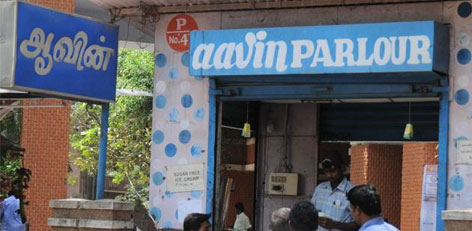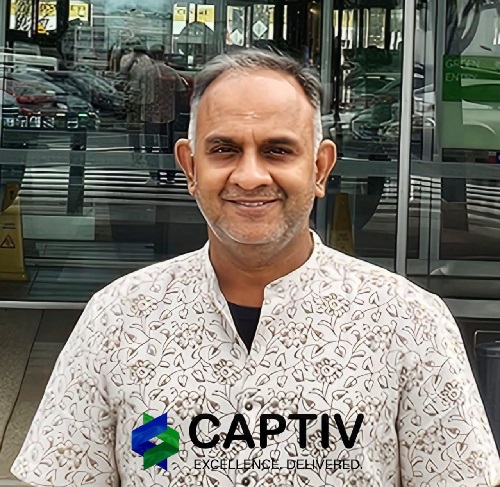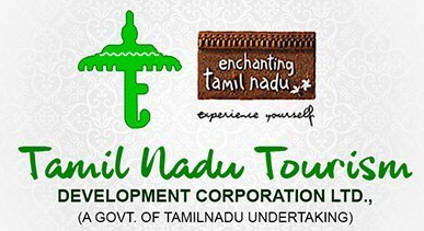39yr with high-risk late pregnancy successfully delivers at Columbia Asia Hospital
Posted on: 11/Jun/2019 4:55:24 PM

With more and more women foraying into professional sectors and maintaining a work-life balance, the pregnancy age has seen a swift delay over the past couple of years. The scientific advancement in the medical field has made it only easier for women to deliver healthy babies and stay in the pink of their pregnancy during their 30s as well. However, while age is just a number, experts still say that the biological clock is the fact of life and there are no fixed rules for this but an early pregnancy can save both the mother and the child from several complications.
Many a time, doctors have witnessed co-morbid conditions (comorbidity) in mothers taking up late-pregnancy as well as their babies who are often born prematurely. Medically stating, comorbidity is the occurrence of one or more medical problems that simultaneously take place with pre-existing diseases in the same person at the same time and mostly tend to be long-term or chronic conditions.
In one such case, a 39-year-old Rajani Gupta was brought to the Columbia Asia Hospital Sarjapur Road. She had a history of three previous pregnancies which were fatal and the babies hadn�t survived. Rajani was admitted to ICU under the care of Dr. Jyotikala, Consultant Obstetrician & Gynecologist, Columbia Asia Hospital Sarjapur Road.
�Rajani was 25 weeks pregnant when she was brought to us. It was a very complicated case for various reasons like the patient�s age, the multiple conditions she was coping with like diabetes, etc. She was also a Gravida-3 mother which means she had already had three previous pregnancies but none of which survived. So we had to very efficiently treat her to make sure both the baby and the mother survive,� said Dr. Jyotikala.
Rajani was enduring high-risk pregnancy with complications of severe Pre-Eclampsia with HELLP syndrome, gestational diabetes on insulin, hypothyroidism, pleural effusion, global hypo-kinesia, cardiomyopathy, mild pulmonary arterial hypertension, pericardial effusion, and acute renal failure. The mother was also a k/c/o Protein S deficient.
After initial stabilization, the patient was taken up for emergency Lower Segment Caesarian section (LSCS) to prevent further deterioration of the maternal condition and the family was counseled regarding maternal morbidity and poor fetus outcome.
In the afternoon of next day, Rajani gave birth to a baby weighing 580 grams (ELBW). However, the baby did not cry immediately after birth and required resuscitation. The baby also had respiratory distress syndrome for which baby was treated with surfactant and mechanical ventilation for 2 days, then weaned later to high flow nasal oxygenation (HFNO). The infant also had apnea of prematurity and was then managed with CPAP and IV caffeine. The baby had sepsis with Pseudomonas and E. coli organisms, which was treated effectively with IV antibioiotics, along with having anemia of prematurity which was managed with multiple blood transfusions. The baby was given incubator care and total parenteral nutrition (TPN) was started. Minimal enteral nutrition was started with expressed breast milk. The baby had feed intolerance as well which was managed medically and gradual increments in feeds were made till the baby reached full feeds.
After 2 months of hospital stay in Neonatal ICU, the baby was discharged in healthy condition at 34 weeks, weighing 1.6kg. The mother was discharged earlier in stable condition. After being discharged, the baby was on continuous follow up with Dr. Sagar Sharma (Consultant Neonatology & Pediatrics).
�It was a complex case but we were able to successfully save both the baby and the mother. The baby is now growing well and the neurological developmental screening is within normal limits,� said Dr. Sagar Sharma.
As seen with Rajani, pregnancy after the after the age of 35 can come with certain complications including premature birth, multiple pregnancies, gestational diabetes, higher chromosome abnormalities, higher risk of pregnancy loss, etc. The case in point thus highlights the importance of timely and qualitative care that was provided by the able and well-trained doctors and hospital staff. Hence, it is important to opt for tertiary care hospitals especially in cases of high-risk late pregnancies.
Despite the much thought notion regarding pregnancy after the age of 35, healthy babies are delivered irrespective of a mother�s age. While it is not a necessary aspect, studies do highlight certain complexities that are likely to come during late pregnancy. And a little extra care does no harm. So here are a few tips.
POSSIBLE RISKS OF LATE PREGNANCY
- Premature birth of the baby
- Multiple pregnancies
- Gestational Diabetes
- Chromosome abnormalities
- Risk of miscarriage
- Premature baby with comorbidity
WAYS TO OVERCOME A HIGH RISK LATE PREGNANCY
- Visit your doctor prior to conception; preconception checkups and counseling is a must
- Ensure early and prenatal care, also consider optional prenatal tests and prenatal vitamins
- Maintain the recommended weight, diet and exercise. Make healthier life choices
- Manage pre-existing conditions like diabetes, blood pressure, etc. to avoid comorbidity
- Consult your doctor regularly
- Most importantly, stress less and sleep well







